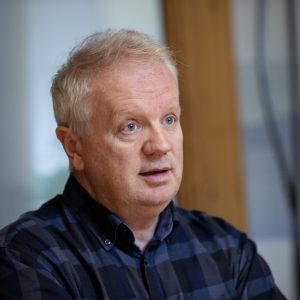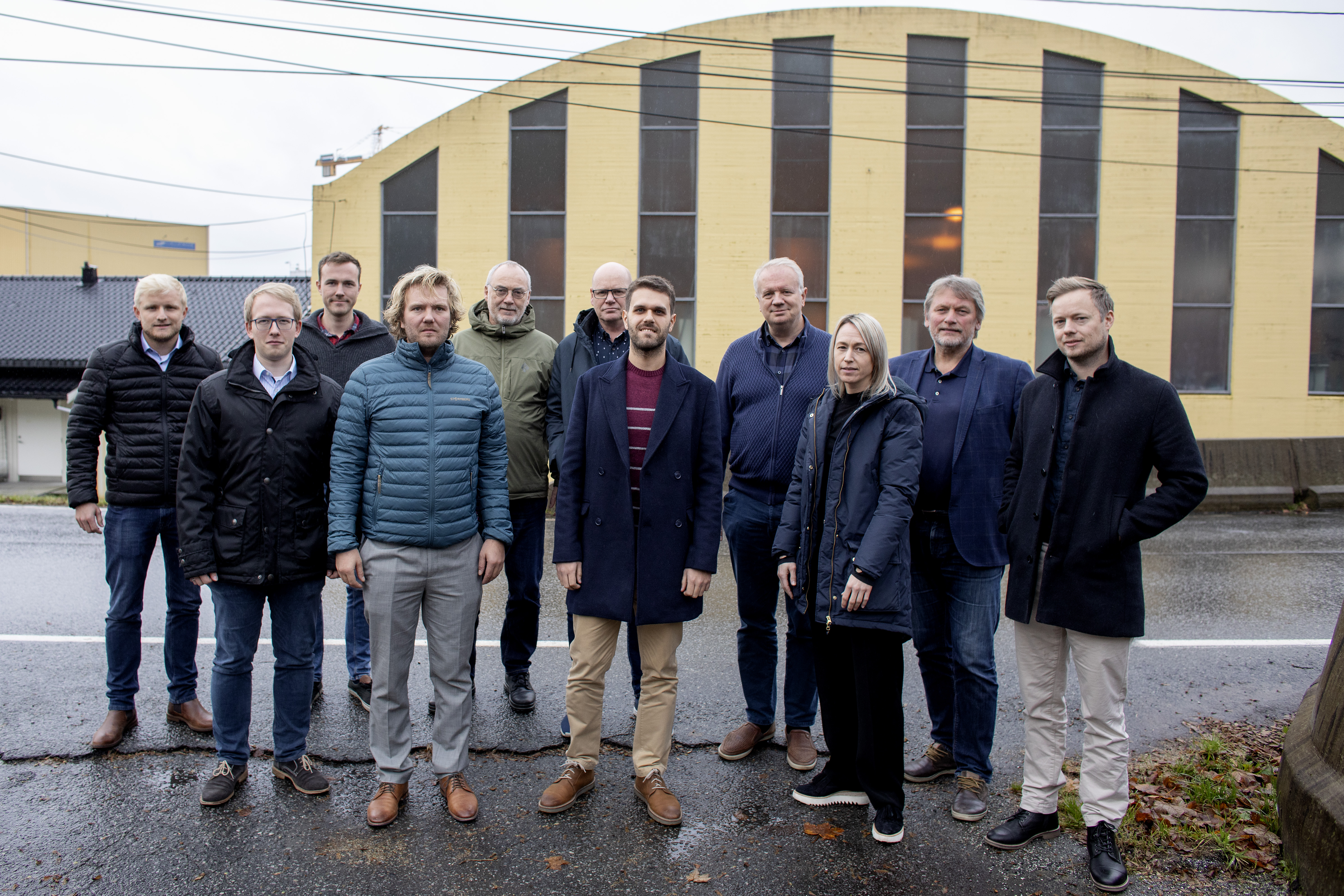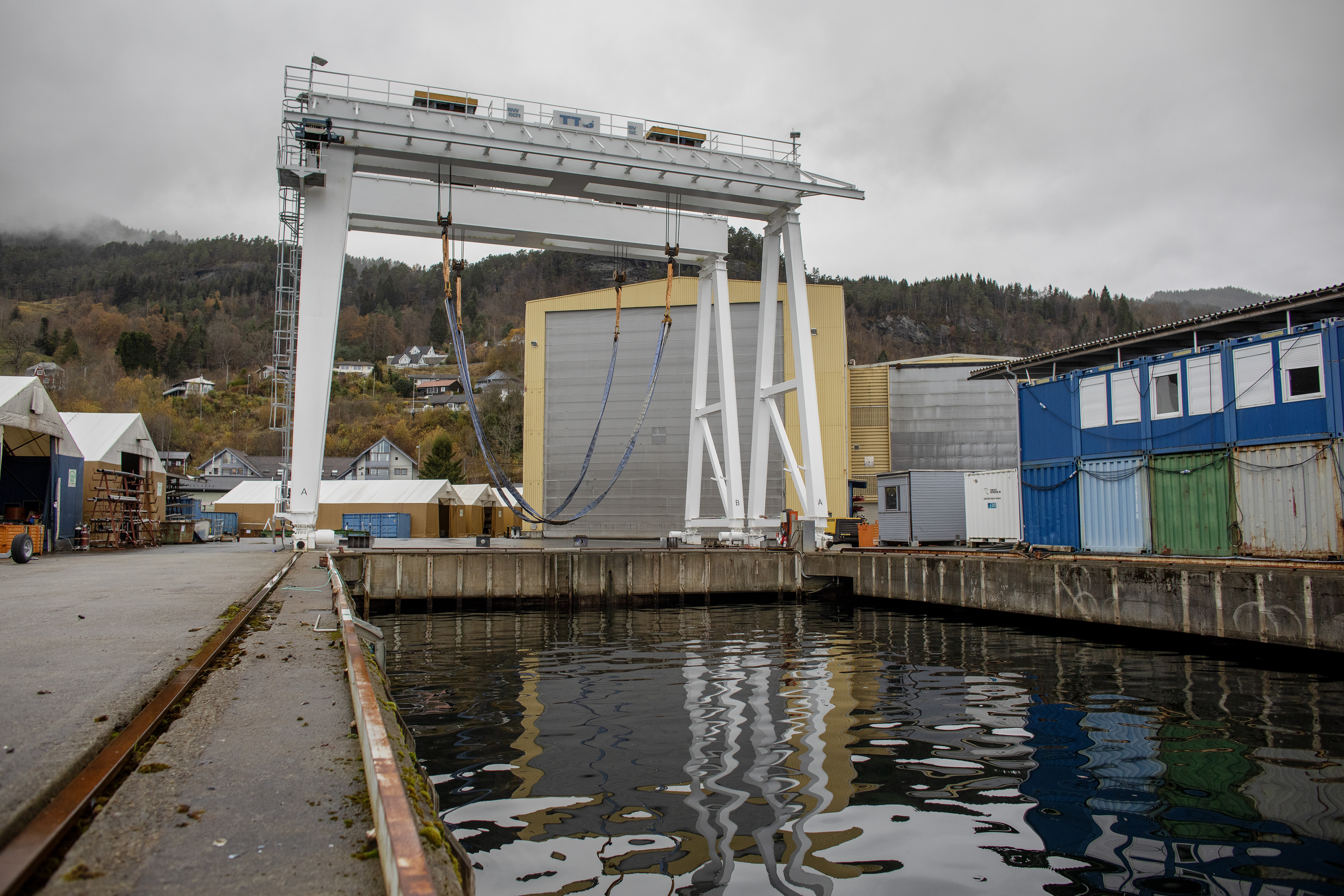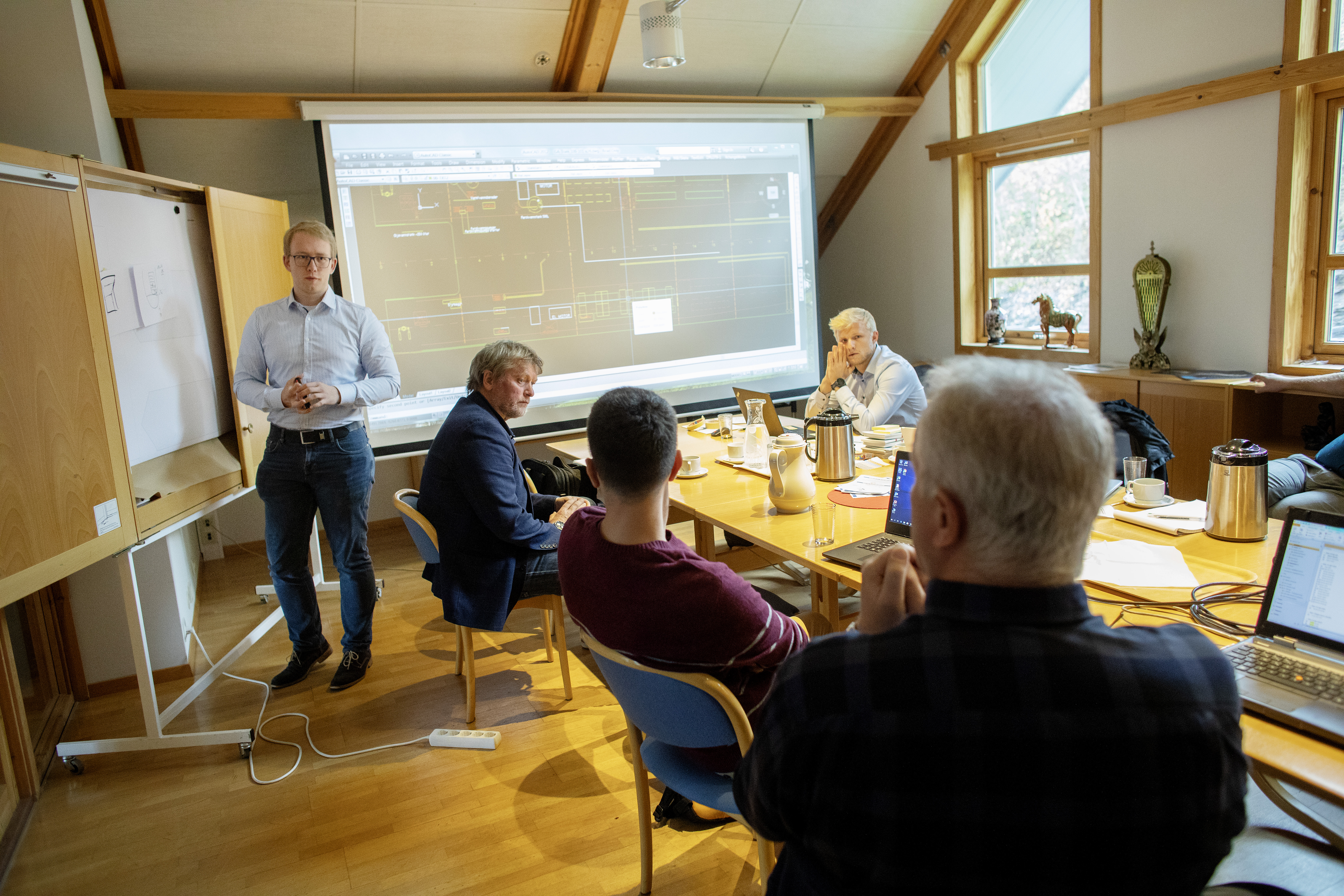Creating solutions for low-cost environmentally friendly transport is a challenge that is reflected in public policy on national, European and a global level. The Horizon2020 project TrAM was established to solve this challenge.
In addition to developing and building a zero-emission demonstrator fast ferry, the project aims to develop never-before seen modular design and production methods for such vessels. The project is thus also a perfect fit with the European Commission’s economic policies where lower cost through working smart is seen as key for the European shipyards to remain competitive.

– Today ships are most often designed as a one-off. We will look at opportunities for creating modules that can be reused across application cases. By combining advanced modular production principles with ship design and construction methods, the TrAM project will allow deeper modular system integration than the currently much used one-dimensional modularity systems, says M.Eng. Tobias Seidenberg of project partner Fraunhofer IEM.
Through the project the proposed modular concept will be validated and refined through one physical demonstrator and two replicators. The demonstrator will be a zero-emissions passenger ferry that will service a multi-stop commuter route into the city of Stavanger in Rogaland County. The replicators will be delivered for the rivers and channels in London and Belgium.

– The project will make it possible for ship designers and yards to reuse a broad set of designs and ship system components, while customising the vessel as necessary for the use case. This allows for cost-efficient design and production of one-off designs, of small series, as well as larger series of vessels. We believe these methods will contribute to 25 per cent lower production costs and 70 per cent lower engineering costs, says Sales/R&D Director Edmund Tolo of Fjellstrand yard that will build the demonstrator vessel.
Identifying the opportunities
Modular production core industry and R&D competence in the TrAM project will be delivered by Fraunhofer IEM, University of Strathclyde and module supplier Leirvik.

Last week project partners were gathered at Fjellstrand yard.
Fraunhofer IEM has worked on modular architectures of cars for major customers such as the Volkswagen Group, and will lead the work on adapting modularity models from the automotive and aviation industry to the needs of the maritime industry. In October they joined Fjellstrand yard, Leirvik, University of Strathclyde, vessel owner and operator Kolumbus and NCE Maritime CleanTech for a workshop at Fjellstrand’s shipyard in Omastrand, Norway.
– An important target for this workshop is to get a common understanding of what a module is, both on macro and micro level, and what the different modules actually contains. The bridge is an example of what can be defined as a module, and we are looking into opportunities for creating a bridge that potentially can be used for all fast ferries in Norway, as well as in London, Seidenberg says.
Another topic up for discussion was opportunities for hull modularization.
When working on modularisation of ships the hull is one of the more apparent challenges. It is not as easy as just multiplying the hull for longer vessels. To achieve the best possible hydrodynamics the hull must be optimised for each vessel. However, while the shape of the aft may vary according to vessel and operating mode, we see opportunities for modularisation in the mid sections of the hull, says Research Assistant / PhD Researcher Alexandros Priftis of University of Strathclyde.

Fjellstrand yard will build the demonstrator vessel.
Construction of the demonstrator vessel will start in summer 2020. The fully electric fast ferry will enter into commercial operation for Kolumbus in Stavanger on January 1st, 2022.

